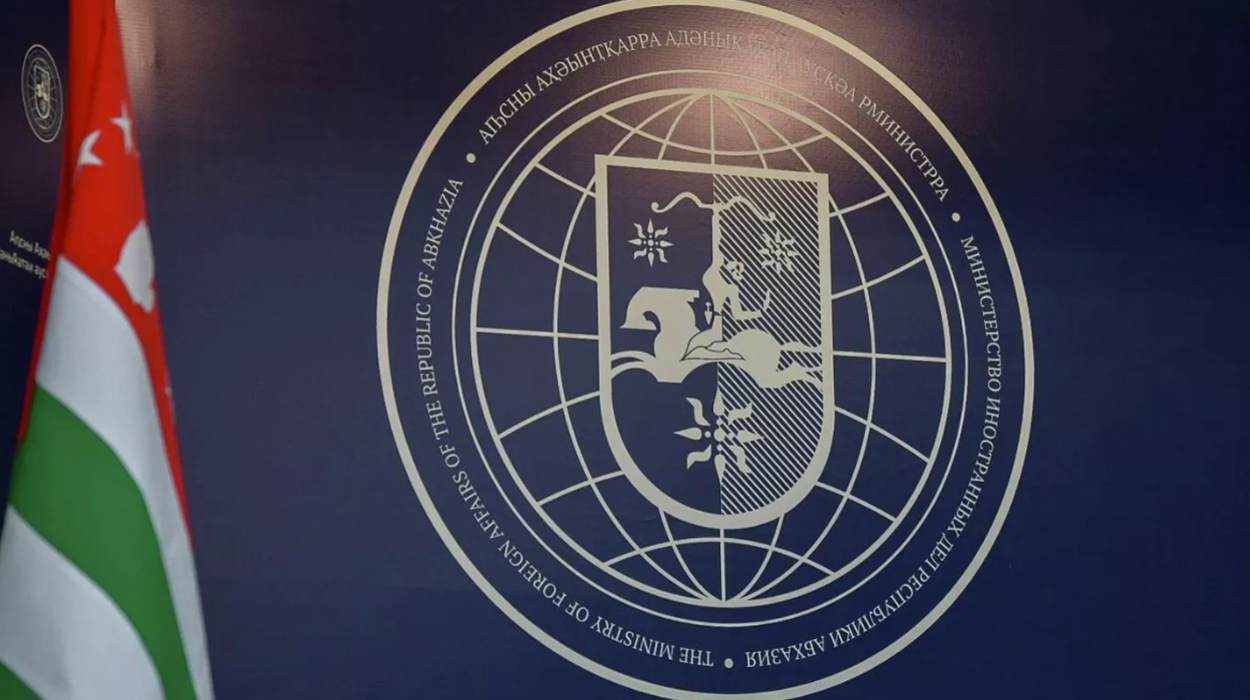MFA Abkhazia: UN Human Rights Council Resolution Politically Biased and Misrepresents Situation

Abkhazian MFA: UN Resolution Misrepresents the Ground Situation and Lacks Objectivity.
SUKHUM / AQW'A ― On 11 October in Geneva, the United Nations Human Rights Council adopted a resolution titled ‘Cooperation with Georgia’. During the debate on the draft resolution, initiated by Georgia, delegations from the EU, Bulgaria, Japan, Luxembourg, and Finland voiced their support, urging other Council members to back the proposal.
The Ministry of Foreign Affairs of Abkhazia has issued a statement regarding the resolution adopted by the UN Human Rights Council in Geneva on 11 October, titled 'Cooperation with Georgia.'
The Ministry of Foreign Affairs of Abkhazia emphasises that the resolution “once again reaffirms the commitment to Georgia’s territorial integrity,” and refers to alleged “human rights violations” in the Republic of Abkhazia and the Republic of South Ossetia. It also condemns the purported “ongoing illegal military presence” of Russia in Abkhazia and South Ossetia.
“We are compelled to state that this latest resolution by the UN Human Rights Council, using formulaic, repetitive terminology, significantly distorts the actual situation on the ground and is entirely political and biased. As in the past, representatives of Western countries, in adopting such documents, deliberately misrepresent the objective reality and seek to provide unconditional support to their Georgian partners,” the statement reads.
The resolution also reiterates accusations of alleged humanitarian issues for ethnic Georgians living in Abkhazia, while ignoring the serious human rights violations and discrimination faced by Abkhazian citizens for many years, particularly with respect to the right to freedom of movement.
“This issue remains critical in Abkhazia, yet despite the clear discrimination against the rights of our citizens, the international community continues to completely overlook these serious challenges,” the statement notes.
The Foreign Ministry of Abkhazia reminds that the right to freedom of movement is enshrined in such universal international instruments as the Universal Declaration of Human Rights (Article 13) and the International Covenant on Civil and Political Rights (Article 12).
According to the Ministry, the ongoing practice of decision-making by various international and European bodies demonstrates their undeniable bias and their reliance on one-sided information provided exclusively by the Georgian side.
“In these circumstances, it is impossible to place any trust in the documents adopted by these international structures,” the Ministry of Foreign Affairs of Abkhazia states.
The Ministry insists that, in order for the international community to have an objective understanding of the events in the region and receive reliable information, it is essential for representatives of Abkhazia to be allowed to participate in the work of relevant UN bodies, including the Human Rights Council.
“For decades, the Abkhazian side has repeatedly called on the international community to allow Abkhazian diplomats to address representatives of the UN and other international bodies, but these appeals have regrettably gone unnoticed,” the Ministry laments.